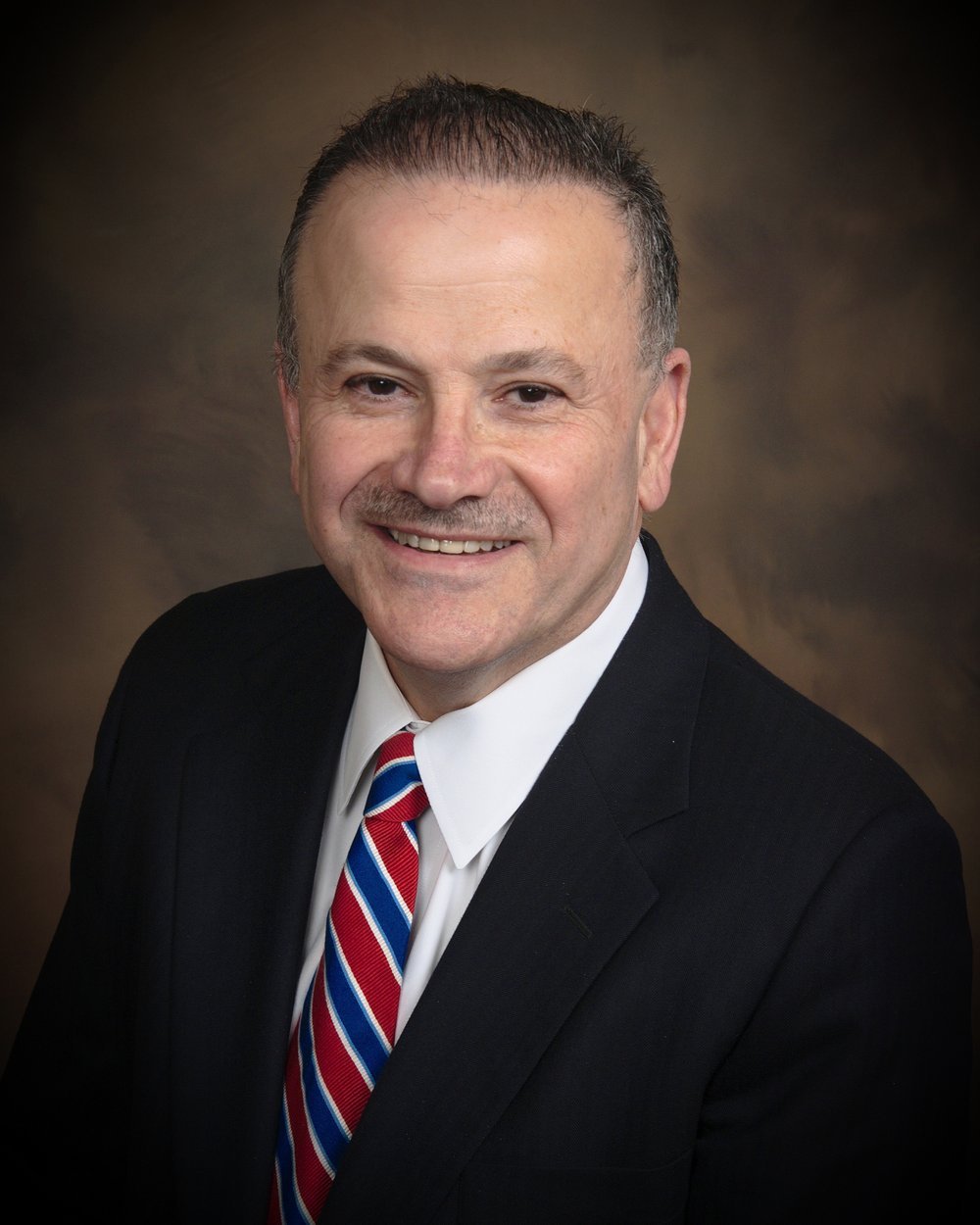The Politics of Scapegoating
N. Peter Antone
Special to the Chaldean News
How blame distracts from solutions in American life
By N. Peter Antone
Throughout history, leaders have often turned to a familiar tactic during times of political tension: the scapegoat. By channeling public frustration toward a specific group or class, politicians can deflect attention from complex problems and avoid offering real solutions. This pattern continues in modern American politics across the ideological spectrum. Whether it’s blaming the wealthy “1%” for economic inequality or blaming immigrants—both legal and undocumented—for social and economic decline, the strategy remains the same: find a convenient target and mobilize public resentment.
Among many progressive politicians, particularly within the Democratic Party, a recurring message suggests that the well-being of the wealthiest Americans—often defined as the top 1%—is directly connected to the hardships faced by the working and middle class. Campaigns frequently emphasize that the rich are not “paying their fair share,” implying they should contribute more than what the law currently requires. The underlying message is clear: the poor struggle because the rich succeed.
This narrative is politically effective but lacks economic rigor. Studies by nonpartisan organizations such as the Tax Policy Center and the Congressional Budget Office show that high-income earners already pay a significant share of federal income taxes. In 2023, for example, the top 1% of earners paid about 42% of all federal income taxes, while the bottom 50% paid less than 3%.
By placing blame on successful individuals or businesses, politicians can deflect from the more complicated and politically risky work of fixing underperforming public schools and addressing the obstacles preventing individuals from advancing, such as broken families, drug dependency, living in a high-crime area, and lack of self-discipline or self-reliance, among other factors. In this narrative, the rich become the villains, and the deeper roots of poverty are pushed aside.
On the right, Republicans have also mastered the use of scapegoating. Chief among their targets are immigrants—especially undocumented ones—who are often portrayed as job stealers, criminals, and burdens on the American welfare system. Calls for large-scale deportations are typically driven less by nuanced policy and more by the emotional appeal of restoring control and security to everyday Americans.
Yet studies from institutions such as the Brookings Institution, the Cato Institute, and the U.S. Chamber of Commerce tell a different story. Immigrants, regardless of legal status, are net contributors to the economy. They fill essential roles in agriculture, construction, health care and technology, supporting industries that often struggle to find workers, especially in low-population or high-demand areas. Crime rates among immigrants are consistently lower than those of native-born citizens, and undocumented immigrants—far from abusing welfare—are largely excluded from receiving federal benefits.
The Republican strategy is politically effective. By offering a simple explanation—“They are illegals taking your jobs,” —public discourse shifts away from pursuing meaningful immigration reform and toward a narrative of victimhood and invasion. This is not a defense of undocumented immigration, but rather a recognition that the United States needs a new immigration approach—one that provides reasonable solutions to meet the country’s needs while disincentivizing unlawful entry.
This tactic of scapegoating is neither uniquely American nor new. History is full of examples where leaders have used minority groups to deflect blame and rally support. In U.S. history, Japanese Americans were scapegoated during World War II and placed in internment camps—not due to actual sabotage, but because of collective fear and political expediency. During the AIDS crisis, gay men were initially blamed as “spreaders” of the disease, leading to years of underfunded research and delayed public health responses.
Scapegoating thrives when fear outweighs reason and political gain takes precedence over truth. Fortunately, not all citizens fall for these tactics. Those with higher education and critical thinking skills are less likely to accept simplistic explanations that blame complex problems on single groups. A Pew Research Center study found that Americans with college degrees were more skeptical of anti-immigrant rhetoric and more likely to understand the structural causes of economic inequality. A society that promotes analytical thinking and civic literacy is better prepared to resist political manipulation and demand evidence-based policies.
In conclusion, scapegoating is a tempting but harmful political tool. It oversimplifies complex issues, fuels division, and delays meaningful reform. The result is a misinformed public and a distracted government. Americans must be wary of rhetoric that assigns blame and instead demand leaders who tackle root causes with clarity and courage. By resisting scapegoating, we can begin to address the real challenges before us.

